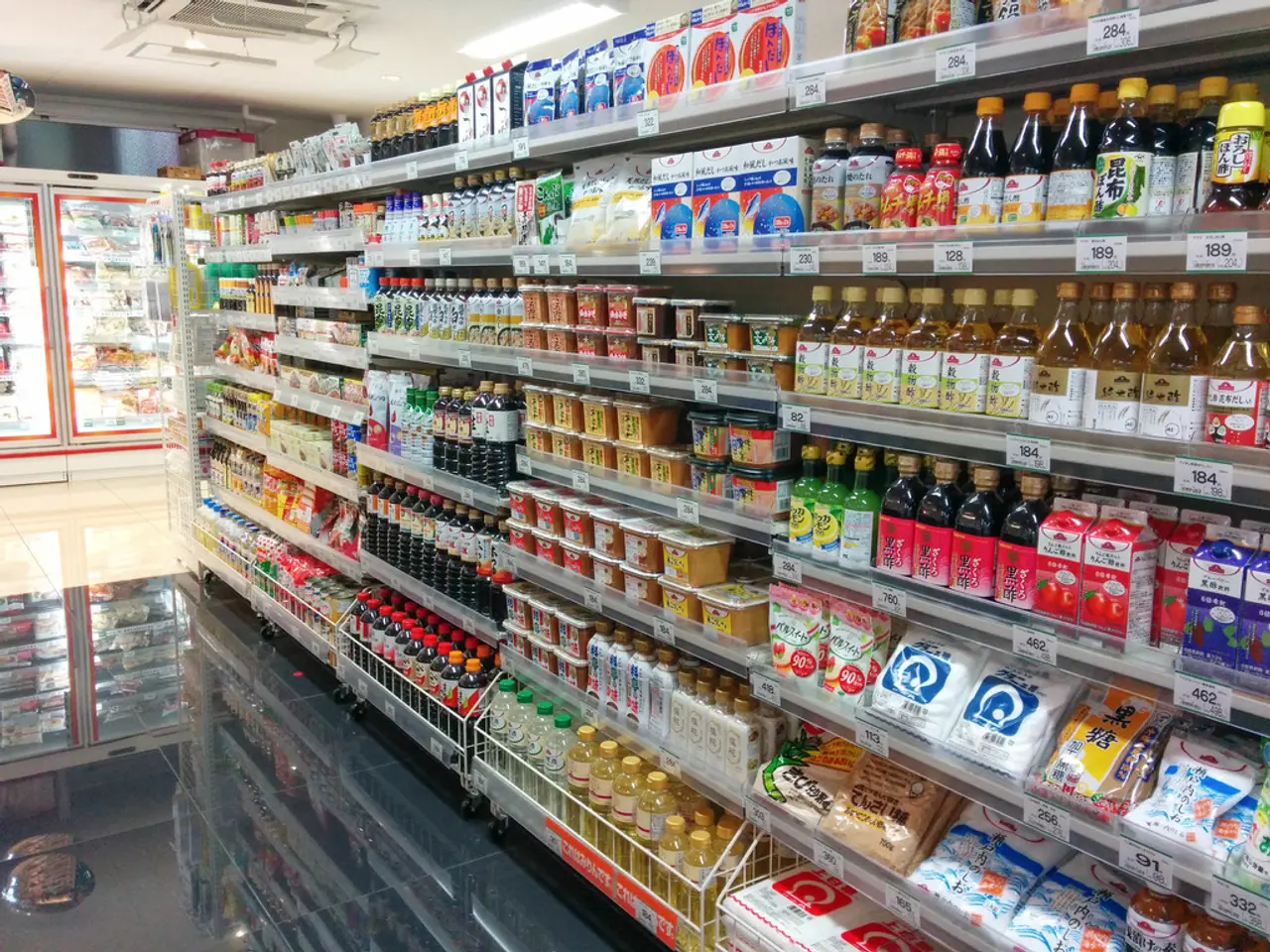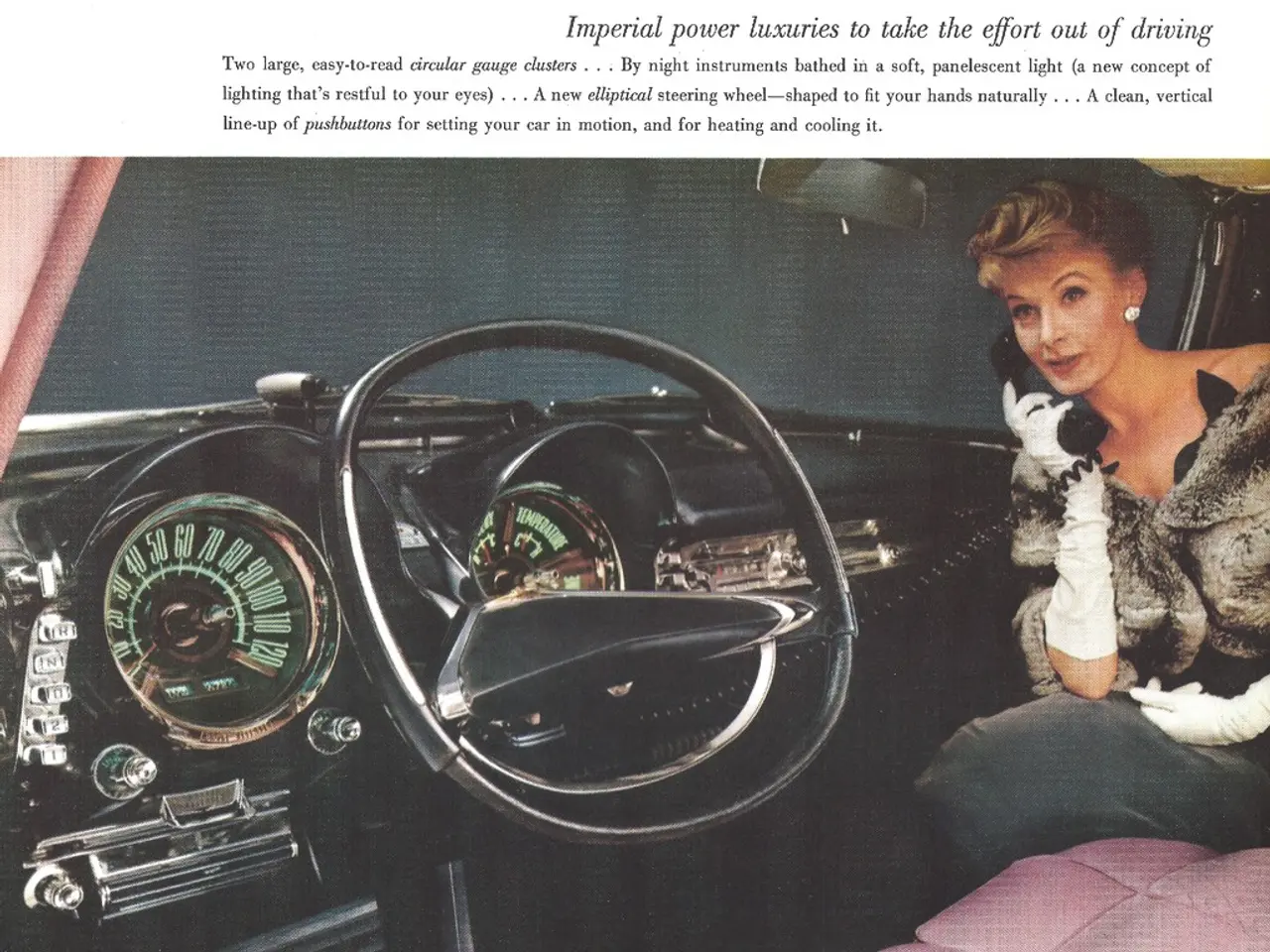Municipalities face significant disparities in managing waste and wastewater costs
In North Rhine-Westphalia (NRW), the landscape of sewage charges in 2025 is marked by significant differences among municipalities. These variations are primarily due to disparities in local infrastructure costs, treatment technologies employed, regulatory requirements, and municipal financing structures.
The Federation of Taxpayers NRW has criticised a practice where municipalities calculate the depreciation of sewage pipe systems using the higher replacement value instead of the lower acquisition value. This practice, while followed by some municipalities, is not universal. Some localities may require an intermediate meter in the house water line for clear evidence of consumption for the garden, which can potentially lower charges.
One of the key factors influencing this variation is the extent and modernization level of sewage treatment plants. For instance, the Mörfelden-Walldorf plant introduced a fourth treatment stage in 2023, leading to higher operational and maintenance costs that municipalities must reflect in their charges.
Tighter wastewater rules, rising sludge volumes tied to urban population growth, and the integration of waste-to-energy technologies to manage sewage sludge can also increase municipal costs and thus sewage fees. Differences in how municipalities invest in upgrading infrastructure or adopt new treatment technologies, combined with their specific environmental compliance obligations, lead to significant disparities in charges.
NRW's municipalities also vary in their approaches to recovering costs from residents, influenced by local policy decisions and economic contexts. While some areas might benefit from economies of scale or more centralized facilities, others with smaller or older infrastructure may face higher per-user costs.
More municipalities are offering options for smaller bins, with 304 offering an 80-liter bin compared to 295 last year, and 190 offering a 60-liter bin compared to 187 last year. However, some municipalities do not offer an alternative to weekly emptying, which automatically makes the price higher than where owners can also switch to 14-day or even monthly emptying.
Sewage charges have increased on average by 5.1% in 2025, which is the second highest increase in 30 years. The main reasons for these increases are cost increases for districts and disposal companies, new legal requirements such as the bio-waste ordinance, and the CO2 pricing for waste incineration plants.
The average sewage charges for a model household with four people, 200 cubic meters of wastewater per year, and 130 square meters of sealed surface are due in NRW. Consumers can control their sewage charges by taking advantage of discounts offered by municipalities for a green roof or a driveway with grass grid stones.
It's worth noting that the average lifespan of sewage pipes is 50 years. Some municipalities, such as Emsdetten, Velver, and Isselburg, have used surpluses from previous years to relieve citizens.
However, the story doesn't end there. In several municipalities, including Halle, Wülfrath, Hörstel, Vreden, Wassenberg, Olfen, and Saerbeck, the sewage charges increased by over 25% within one year. This significant rise has been a source of concern for many taxpayers.
The Higher Administrative Court of North Rhine-Westphalia has recognised the option of depreciation according to the replacement value for sewage charges. Yet, municipalities have some discretion to set fees lower in individual cases for sewage charges. This discretion, combined with the varying factors influencing sewage charges, creates a complex and nuanced landscape that continues to evolve.
References: [1] Source [2] Source
- The practice of using the higher replacement value instead of the lower acquisition value for depreciation of sewage pipe systems in some municipalities is a topic of contention in the finance and business sector of North Rhine-Westphalia.
- The rising sludge volumes tied to urban population growth and the integration of waste-to-energy technologies are two factors identified by the general news industry that can increase municipal sewage treatment costs and thus sewage fees.
- The Higher Administrative Court of North Rhine-Westphalia has acknowledged the option for municipalities to set sewage charges lower in individual cases, adding complexity to the policy-and-legislation and politics surrounding sewage charges in the region.




